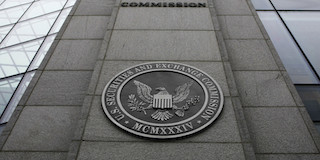
India is considering placing restrictions on HFT (high-frequency trading and algorithmic schemes to help check manipulation by traders.
The Securities and Exchange Board of India, the nation’s market regulator, is examining a lock-in proposal that prevents traders from canceling an algo order for a given period of time, the people said, asking not to be identified as they aren’t authorized to speak on the subject. Sebi is evaluating proposals to better manage algo trading, Chairman U.K. Sinha said Tuesday, without elaborating.
If you are interested in ivestment overseas in India, click here. Brokerdealer.com is the leading database for brokers looking to help you.
Regulators around the world are probing high-frequency trading structures after a series of mishaps and an illegal practice known as “spoofing” convulsed financial markets. In India, the CNX Nifty suddenly fell 2 percent on May 6 amid speculation algo trades sparked a sell-off, triggering closer scrutiny. The rising share of algo orders poses “systemic risks,” the Reserve Bank of India said last month.
High frequency orders worsened the so-called flash crash of May 2010, briefly wiping $862 billion from American equities, when Navinder Singh Sarao helped send the Dow Jones Industrial Average on a wild 1,000-point slide, according to U.S. authorities.
According to SEBI, the share of algo orders in total orders and the share of cancelled algo orders in the total number of cancelled orders was around 90 per cent. It also observed that volumes in algo trading and high-frequency trading increased substantially in the cash segment of the equity market to about 40 per cent of total trades in both the exchanges in March 2015.



